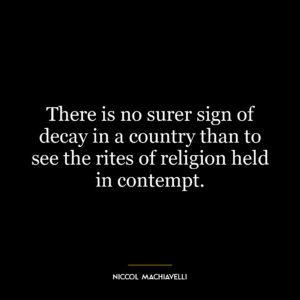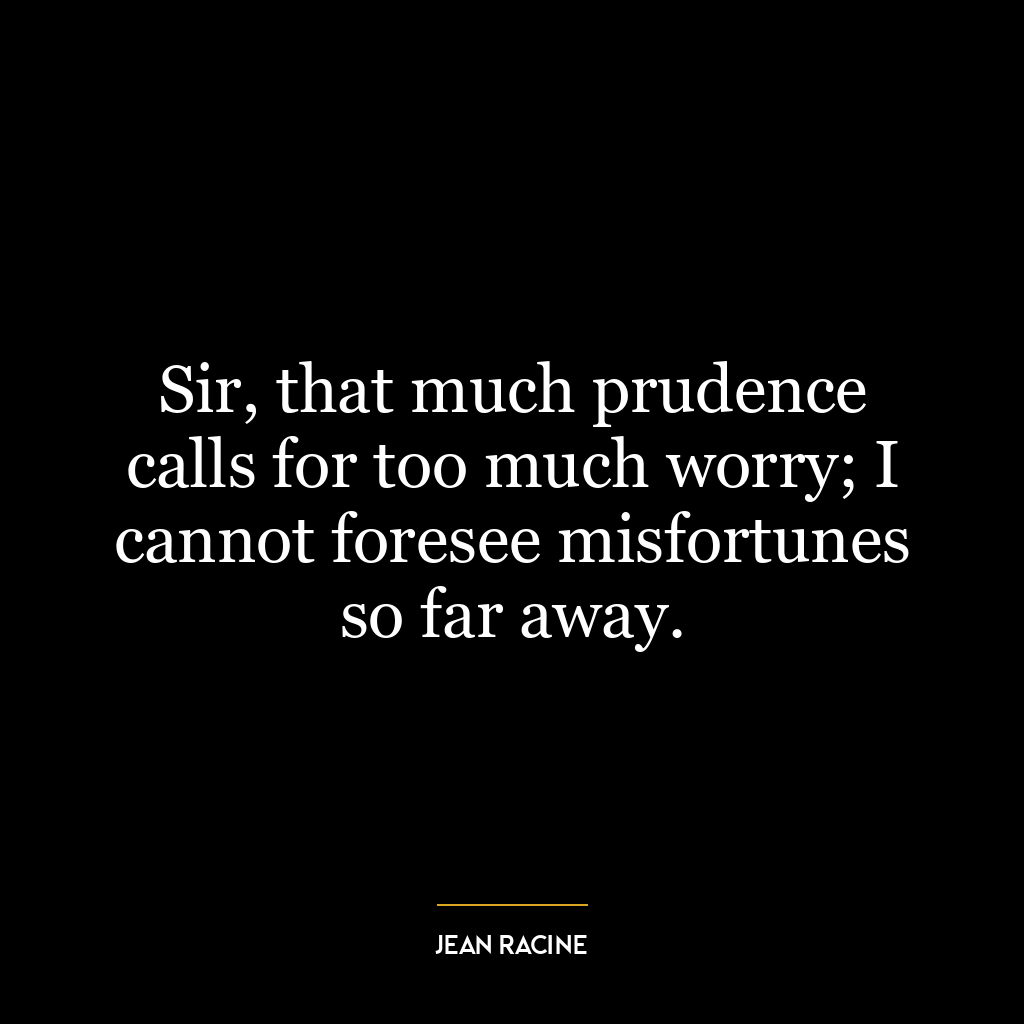Prudence therefore consists in knowing how to distinguish degrees of disadvantage.
“Prudence therefore consists in knowing how to distinguish degrees of disadvantage” is a quote that encapsulates the essence of strategic thinking and decision-making. It suggests that prudence, or wisdom, is not just about avoiding disadvantages or negative outcomes, but about understanding and differentiating their varying degrees or levels.
In other words, it’s about recognizing that not all disadvantages are created equal – some might be minor setbacks, while others can be catastrophic failures. The prudent person, therefore, is one who can not only identify potential pitfalls but also assess their severity and make decisions accordingly. This involves a deep understanding of the situation, careful analysis, and strategic thinking.
Applying this idea to today’s world, it can be seen in various fields such as business, politics, and even personal development. In business, for instance, a CEO must be able to distinguish between a minor financial loss and a major one. They must decide whether to invest in a risky venture that could potentially bring high returns, or to play it safe and avoid potential losses. The prudent decision would be based on a thorough understanding of the degrees of disadvantage involved.
In politics, leaders must often choose between several unattractive options. The ability to distinguish between the lesser of two evils is a crucial skill for any politician, and it is here that Machiavelli’s concept of prudence becomes particularly relevant.
In terms of personal development, this quote can be applied to the process of making life decisions. Whether it’s choosing a career, deciding to pursue higher education, or navigating relationships, we often face choices that come with their own sets of disadvantages. Prudence lies in understanding these disadvantages, evaluating their potential impact, and making the best possible decision in the given circumstances.
In conclusion, this quote suggests that wisdom is not just about avoiding harm, but about understanding the nature and degree of potential harm. It’s a call for strategic thinking, careful analysis, and informed decision-making, all of which are crucial skills in today’s complex and unpredictable world.











